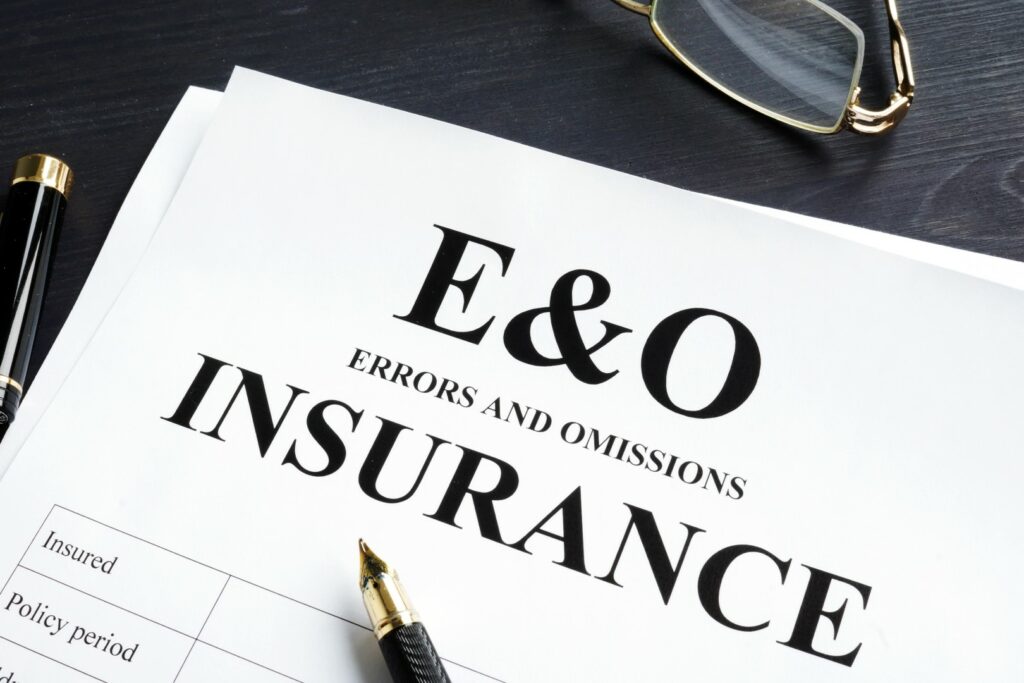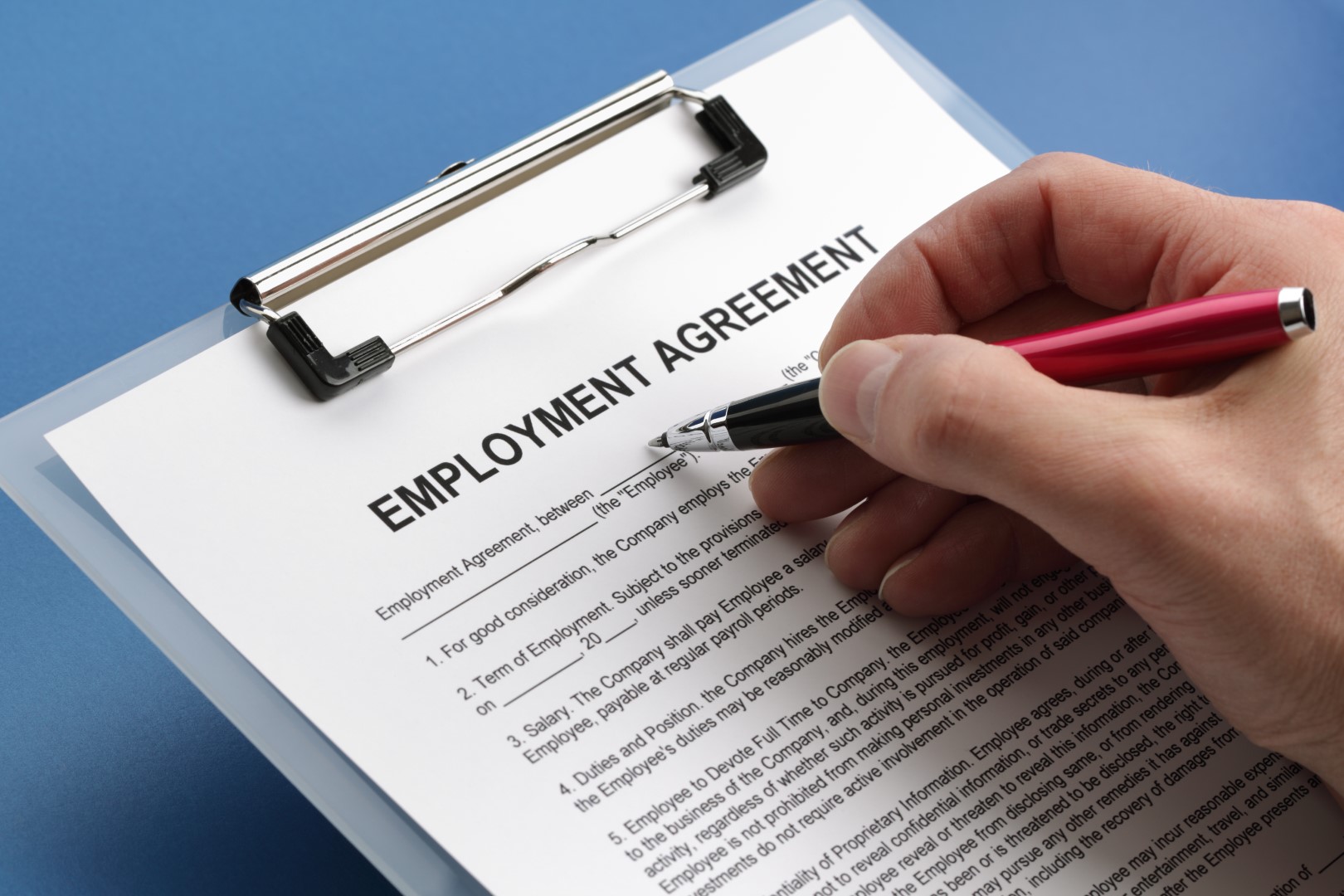Today’s dynamic business environment and litigious society pose several risks to businesses. As they seek to secure the insurance they need to protect themselves, some companies’ decision-makers may get confused about E&O vs. EPLI policies.
Both types of policies involve legal liabilities and are important. But when you help your business clients appreciate the difference between E&O vs. EPLI, you’ll help them effectively manage their risks and ensure adequate protection.
Understanding E&O Insurance
Errors and Omissions (E&O) Insurance is liability coverage protecting professionals against claims for negligence, errors, or mistakes made in the course of their work. It’s especially important for businesses and individuals in the legal, accounting, real estate, and insurance sectors.
is liability coverage protecting professionals against claims for negligence, errors, or mistakes made in the course of their work. It’s especially important for businesses and individuals in the legal, accounting, real estate, and insurance sectors.
Within limits tailored to suit the insured’s situation, an E&O policy offers:
- Financial protection against lawsuits and claims that can otherwise prove detrimental to a business’s reputation and financial well-being.
- Coverage against defense costs, even in cases where the claim is groundless or without merit (in other words, “defense outside the limit” coverage).
- Coverage of settlements or judgments awarded against the insured.
- Coverage of claims made by third parties who suffer financial losses due to the insured’s actions.
- Help in maintaining professional credibility and reputation. In carrying E&O Insurance, professionals demonstrate they’re willing to take financial responsibility for any errors or omissions that may occur.
Your business clients may ask, “Is E&O the same as Professional Liability?” E&O is a subset of Professional Liability Insurance. E&O typically covers claims related to professional services resulting in financial harm to a client, while Professional Liability covers a wider range of claims, such as bodily injury or property damage.
Understanding EPLI Insurance
Employment Practices Liability Insurance (EPLI, or EPL Insurance) protects businesses from liability claims arising from employment-related issues.
Claims covered under EPLI policies can include:
- Sexual harassment
- Discrimination
- Wrongful termination
- Defamation
- Invasion of privacy
- Failure to promote
 Like E&O policies, EPLI policies are customizable to meet different businesses’ unique needs. Coverage limits, deductibles, and other policy terms can be adjusted to align with the company’s nature and size.
Like E&O policies, EPLI policies are customizable to meet different businesses’ unique needs. Coverage limits, deductibles, and other policy terms can be adjusted to align with the company’s nature and size.
EPLI coverage isn’t limited to full-time employees. It can also cover temporary workers, contractors, and even former employees. The policy extends coverage for a specified period, typically one year, and can be renewed annually.
What does EPLI not cover?
- Intentional acts of discrimination or harassment
- Criminal acts or fraud committed by the insured
- Bodily injury or property damage claims (General Liability policies cover such claims)
- Claims related to wage and hour disputes
- Violations of the Family and Medical Leave Act (FMLA)
- Violations of workers’ compensation laws
Even a small business can find bearing the costs of legal defense, settlements or judgments, and potential damages challenging. Having an EPLI policy helps alleviate these financial burdens and allows businesses to focus on their operations rather than on legal troubles.
An EPLI policy also offers guidance and resources to businesses. Insurance carriers often offer access to risk management tools, training programs, and support lines to help companies prevent and effectively manage employment-related issues. Businesses can thus reduce the likelihood of claims, creating a positive work environment while minimizing their exposure to risk.
Key Differences Between E&O and EPL Insurance
 As you can see, E&O and EPLI serve different purposes and cover distinct areas of risk.
As you can see, E&O and EPLI serve different purposes and cover distinct areas of risk.
While both policies cover legal defense costs, the lawsuits themselves differ significantly in terms of alleged wrongdoing. E&O Insurance protects against claims of negligence or inadequate work. EPLI Insurance protects businesses against claims made by employees related to employment practices.
Target audiences are another differentiating factor. EPLI targets businesses of all sizes and in all industries that have employees. E&O policies cater mainly to professionals and businesses providing advisory or consulting services.
Triggers for these policies also vary. Alleged acts of professional negligence or the failure to meet a duty of care owed to a client trigger E&O policies. Claims related to employment practices trigger EPL Insurance.
Finally, these policies cover significantly different risk profiles. EPLI addresses the unique risks associated with managing employees. E&O Insurance focuses on the professional liability exposures related to rendering services.
Investing in the right coverage provides peace of mind and financial security. By clarifying the distinctions of E&O vs. EPLI with your business clients, you can help them make sure they have the appropriate insurance in place to protect themselves from the wide range of risks they potentially face.
ProWriters Makes Quoting E&O and EPLI Easier
Are you looking for a faster, simpler way to quote E&O and EPL Insurance to your clients?
ProWriters’ Cyber IQ Comparative Rate Platform now lets you research these liability policies with the same speed and accuracy you get when using it to prepare Cyber Insurance quotes.
Within minutes, you’ll have multiple quotes tailored to your clients’ needs, ready for side-by-side review. You won’t spend hours manually inputting data on multiple forms, and you can quote any level of risk with confidence because you’ll have access to the industry’s leading carriers.
Find out how ProWriters’ Cyber IQ Platform can make you your clients’ E&O and EPLI expert just as it can make you their Cyber expert. Schedule your call with us today.
